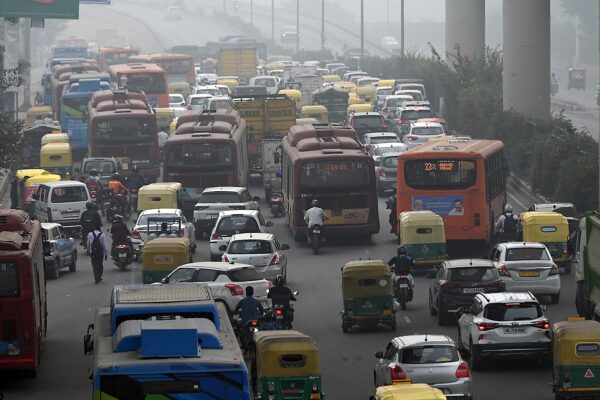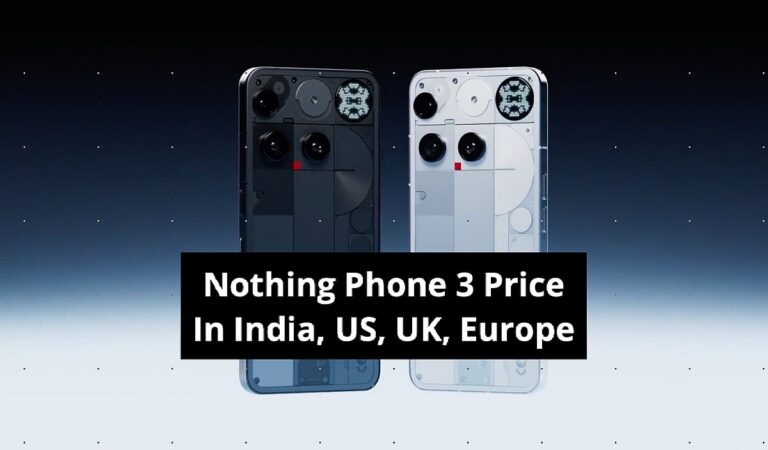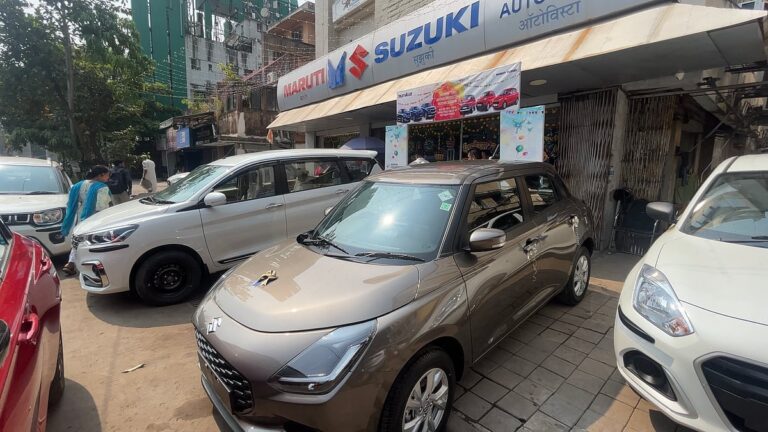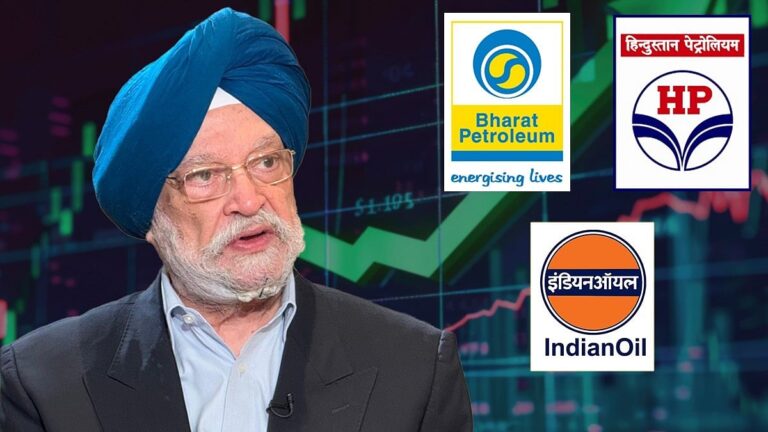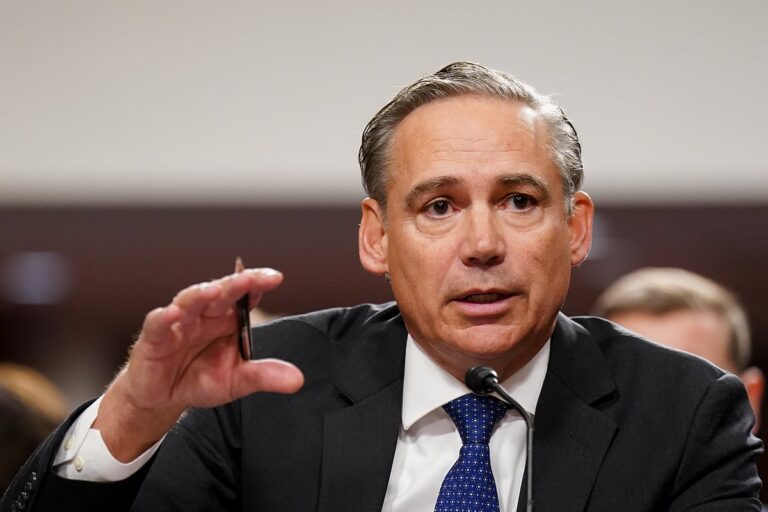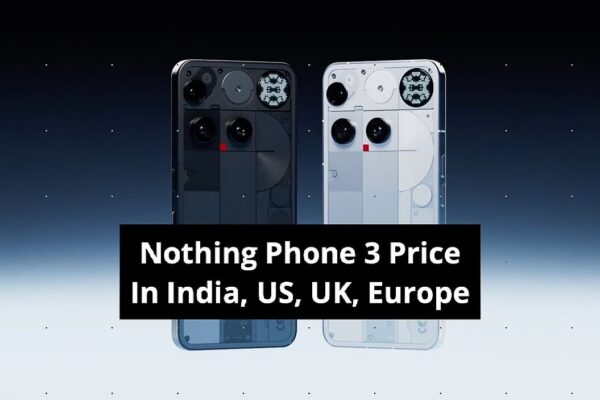Automakers are pushing again towards India’s proposed carbon emission limits and plans for brand new requirements for lighter vehicles, terming the South Asian nation’s use of regulation to stem planet-warming greenhouse gases as “too aggressive.”
New Delhi’s plan to chop automobile emissions by a 3rd from 2027, greater than twice the tempo of its earlier goal, dangers the sustainability of the trade, based on a observe from the Society of Indian Car Producers seen by Bloomberg Information.
The doc is a part of discussions on the third part of India’s Company Common Gas Effectivity norms, a algorithm first launched in 2017 to cut back greenhouse fuel emissions and dependency on oil imports. India is among the world’s largest releasers of greenhouse gases, and its $137-billion auto trade is a significant contributor.
The proposed steep minimize dangers billions of rupees in penalties and threatens future investments in one among India’s most crucial manufacturing sectors, the doc, a proper submission by Siam to the facility ministry, mentioned.
A gathering with the federal government is deliberate for July 2 in New Delhi, the place automakers will current their case on to Transport Minister Nitin Gadkari, based on folks accustomed to the matter, who requested to not be named.
Nitin Gadkari, India’s minister of highway transport and highways. (Photograph supply: Prakash Singh/ Bloomberg)
India’s energy ministry, heavy industries ministry and Siam didn’t reply instantly to emails requesting feedback.
The federal government can also be proposing to use completely different requirements for small and light-weight vehicles versus heavier fashions and carmakers are resisting it, the folks mentioned.
The method may benefit corporations like Maruti Suzuki India Ltd., which dominates the nation’s small automobile market and is investing closely in compressed fuel and hybrid know-how.
Nonetheless, the trade physique will stick with a united place, the folks mentioned, including that splitting requirements by dimension would undermine coverage cohesion and may unfavorably profit just a few gamers.
A foyer led by Maruti and Toyota Kirloskar Motor Pvt. can also be arguing for hybrids, ethanol-blend fashions and gas-powered vehicles to get emission credit score incentives corresponding to these given to electrical autos, the folks mentioned.
Maruti and Toyota Kirloskar didn’t instantly reply to emails searching for feedback.
India can also be floating the concept of ending gross sales of petrol and diesel autos by 2040, the doc confirmed. This proposal has persistently confronted resistance, with Siam warning that such “drastic steps” would undermine each ongoing and potential investments.
The trade physique factors to current developments in Europe — the place regulators are revisiting their very own 2035 gasoline automobile ban — as proof that India wants a extra versatile highway map. “Regardless of higher charging infrastructure and better EV penetration, even Europe is struggling to satisfy these targets,” the doc mentioned.
As automakers and authorities officers focus on the proposals, the result may form India’s clear car coverage for years to come back because the nation tries to steadiness local weather targets with financial development and affordability for its 1.4 billion residents.
Listed below are different key submissions from the Siam observe:
-
India’s plan to tweak how gasoline financial system is measured may inflate emissions on paper with out precisely reflecting real-world enhancements
-
Suggest a extra gradual 15% discount goal for emissions, as a substitute of the deliberate 33% minimize
-
Suggest a 14.3% minimize in how emissions are calculated for autos working on E20, a gasoline mix that features 20% ethanol
-
Additionally searching for comparable cuts for biogas-fueled vehicles
-
Creation of a carbon buying and selling system: permitting corporations that outperform their targets to promote surplus emissions credit to others that fall quick
. Learn extra on Auto by Newsstate24 Revenue.
